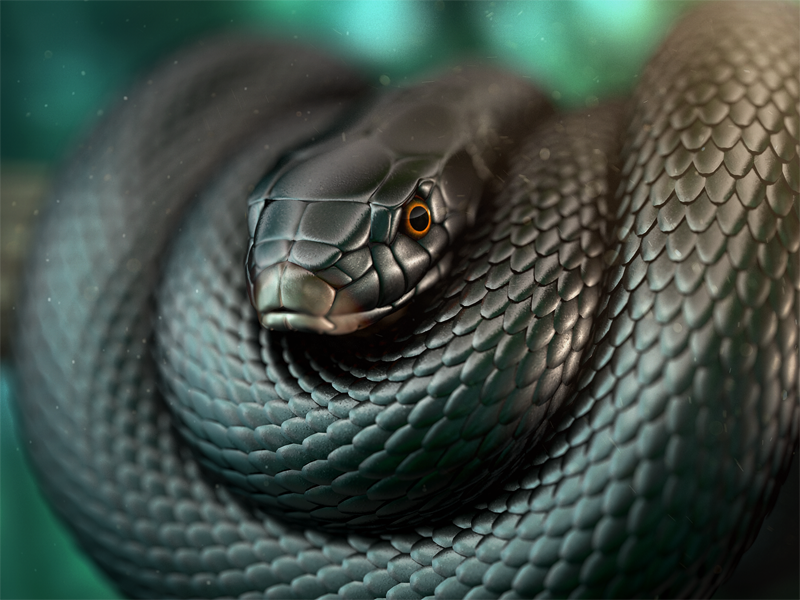One that includes fibre-rich foods and enough protein and/or healthy fats to keep you full throughout the morning. The combinations are seemingly endless, so find a few that you love and a breakfast cafe that can meet your needs for the healthiest breakfast !
Let?s break down the ideal and the healthiest breakfast a bit further:
- ? ? Fibre-rich foods at the healthiest breakfast-
Fibre is an important part of your daily diet. It is the ?roughage? that gives foods their structure and texture. There are different types of fibre. Some fibres are water-soluble and easier to digest. Others are less soluble and take longer to digest. Foods high in fibres, keep us fuller for longer due to the fact that they take longer to breakdown!
Not only does fibre keep us fuller for longer, it?s what helps you poo (which is obviously important), and can help stabilise blood glucose levels as well as reduce unhealthy cholesterol levels. There are bulk benefits!
Besides these pro?s, there is a substantial amount of research going into the additional benefits of fibre for gut health, heart health, diabetes, bowel cancer and weight management.?
Where to find insoluble fibre — in the skins and surfaces of roots, grains and seeds.
Examples of foods include: whole-grain breads/cereals, fruits and vegetables with skins, nuts and seeds, lentils and beans.? ?
Where to find soluble fibre: fruits and vegetables, beans and lentils, oats and bran
It is recommended that Australian adults eat at least 25-30g of fibre each day. And including fibre-rich foods at breakfast can help you reach this. Read the back Nutritional Information Panel on your breakfast cereals, oats and breads to see how many grams of fibre they contain.
For an idea:
3/4 cup whole grain breakfast cereal = 4.5g fibre
2 slices wholemeal bread= 4.5g fibre
1 apple (with skin) and 1 orange= 5.5g fibre
2 cups mixed raw vegetables= 10g fibre
1/4 cup legumes eg. baked beans= 3g?
- ? ? Protein at breakfast:
Like fibre, protein helps keep you feeling fuller longer. Protein-containing foods also slow digestion and help stabilise blood glucose after a meal.
The average adult needs 0.8g of protein per kg body weight. So a 70kg person would need roughly 56g of protein a day.
For an idea:
- 100g of cooked chicken or beef = 30g protein
- 1 egg = 6g protein
- 40g smoked salmon = 7g protein
- 1 cup Greek yoghurt = 10g protein
- 1 cup milk = 8g protein
- ? cup beans = 7g protein
- 20g peanut butter = 5g protein
Healthy fats at breakfast
Similar to protein, fats can help stabilise blood glucose levels after a meal. Unsaturated fats are deemed the ? (nazarethlivingcenter.org) healthy? fats. Studies have found that these fats help reduce the risk of heart disease and lower cholesterol levels when they replace saturated fats.?
There are different types of unsaturated fats and they fall into either mono-unsaturated or poly-unsaturated. The mono- and poly- bits just refer to their structure so don?t worry about their big names. Poly-unsaturated fat is further broken down into two main types: omega-3 fats and omega-6 fats. Each type has its own amazing properties and health benefits.?
When it comes to picking a combo for brekkie, monounsaturated are good and polyunsaturated are even better. So switch it up.
Now remember fats are high in kilojoules/calories, so portion control is key. A ?thumb-size? portion or two is adequate to get the nutrients you need, but to not go overboard on calories.? ? ??
???????? For an idea, enjoy a thumb-size portion of the following at brekkie:
- Omega-3 rich salmon, sardines, walnuts, flaxseed, omega-3 enriched eggs, soy-products
- Omega-6 rich brazil nuts
- Monounsaturated rich avocados, cashews and almonds
Canola, safflower, soybean, and olive oil are healthier alternatives for cooking your eggs or favourite brekkie foods. Just use a dash and you?re good to go!
- Dietary Fibre a Key Ingredient in Gut Happiness. Dietitians Association of Australia, 2019.https://daa.asn.au/smart-eating-for-you/smart-eating-fast-facts/nourishing-nutrients/dietary-fibre-a-key-ingredient-in-gut-happiness/
- Fat: to Cut or Not to Cut, That Is the Question. Dietitians Association of Australia, 2019,daa.asn.au/smart-eating-for-you/smart-eating-fast-facts/nourishing-nutrients/fat-to-cut-or-not-to-cut-that-is-the-question/


